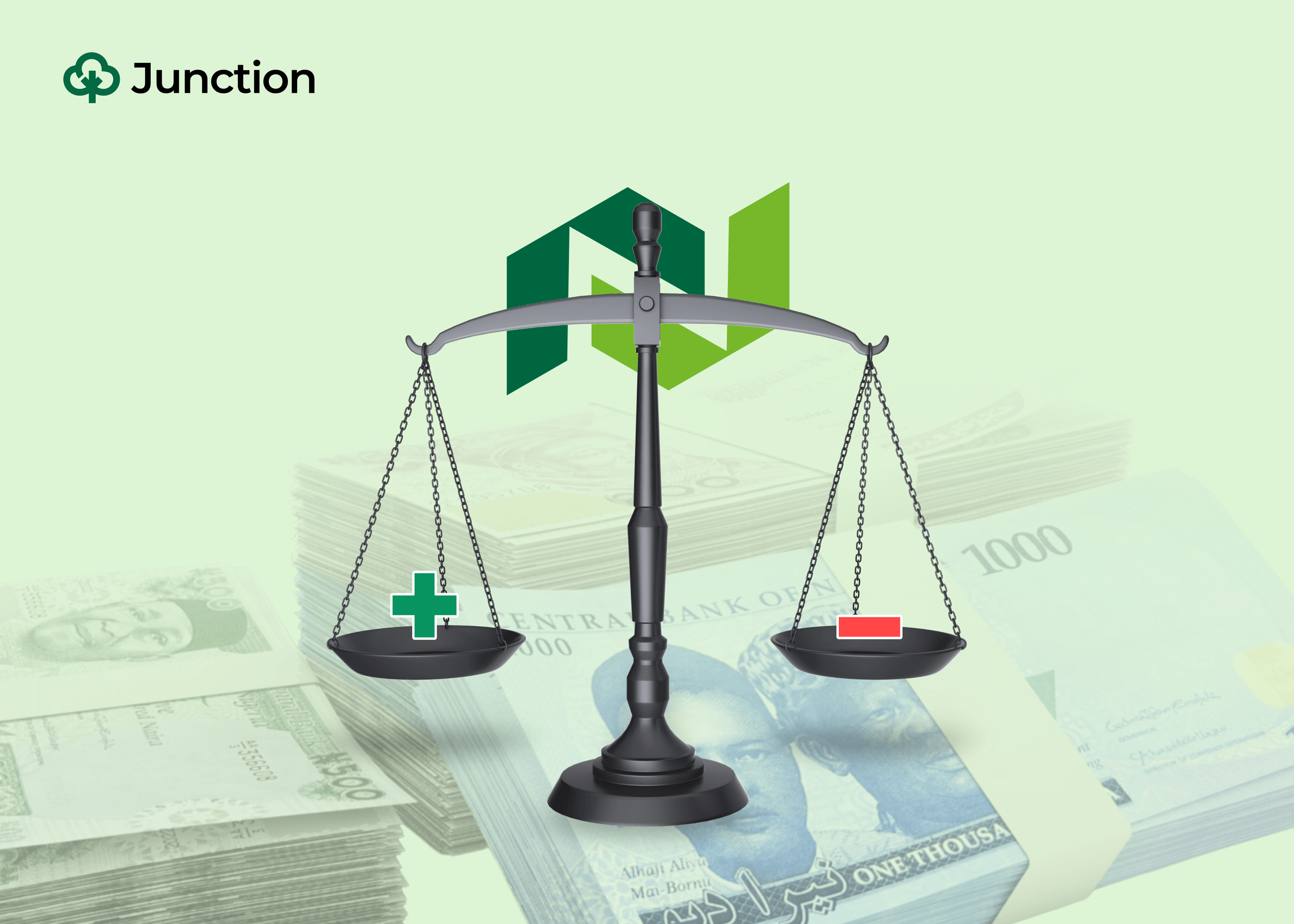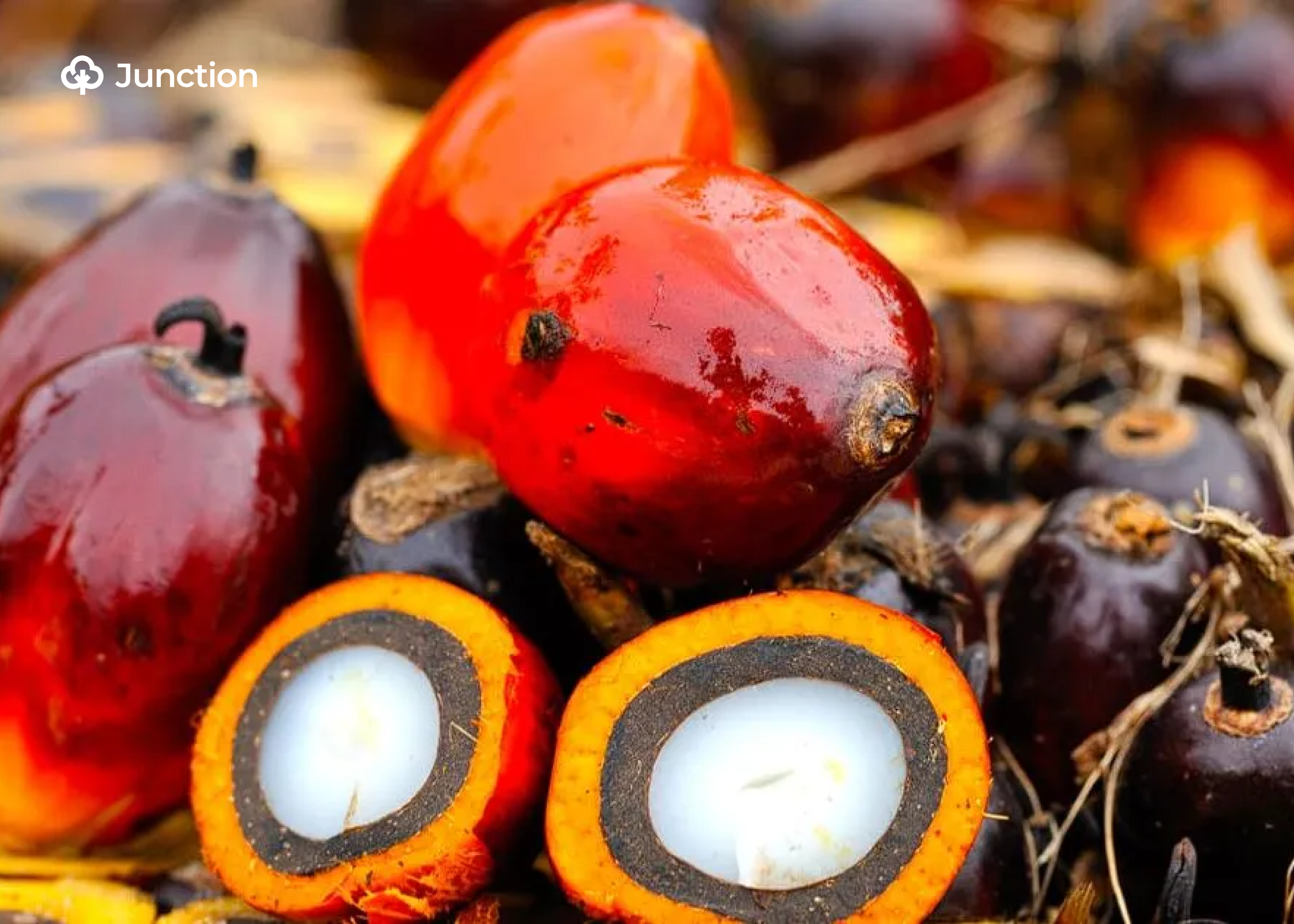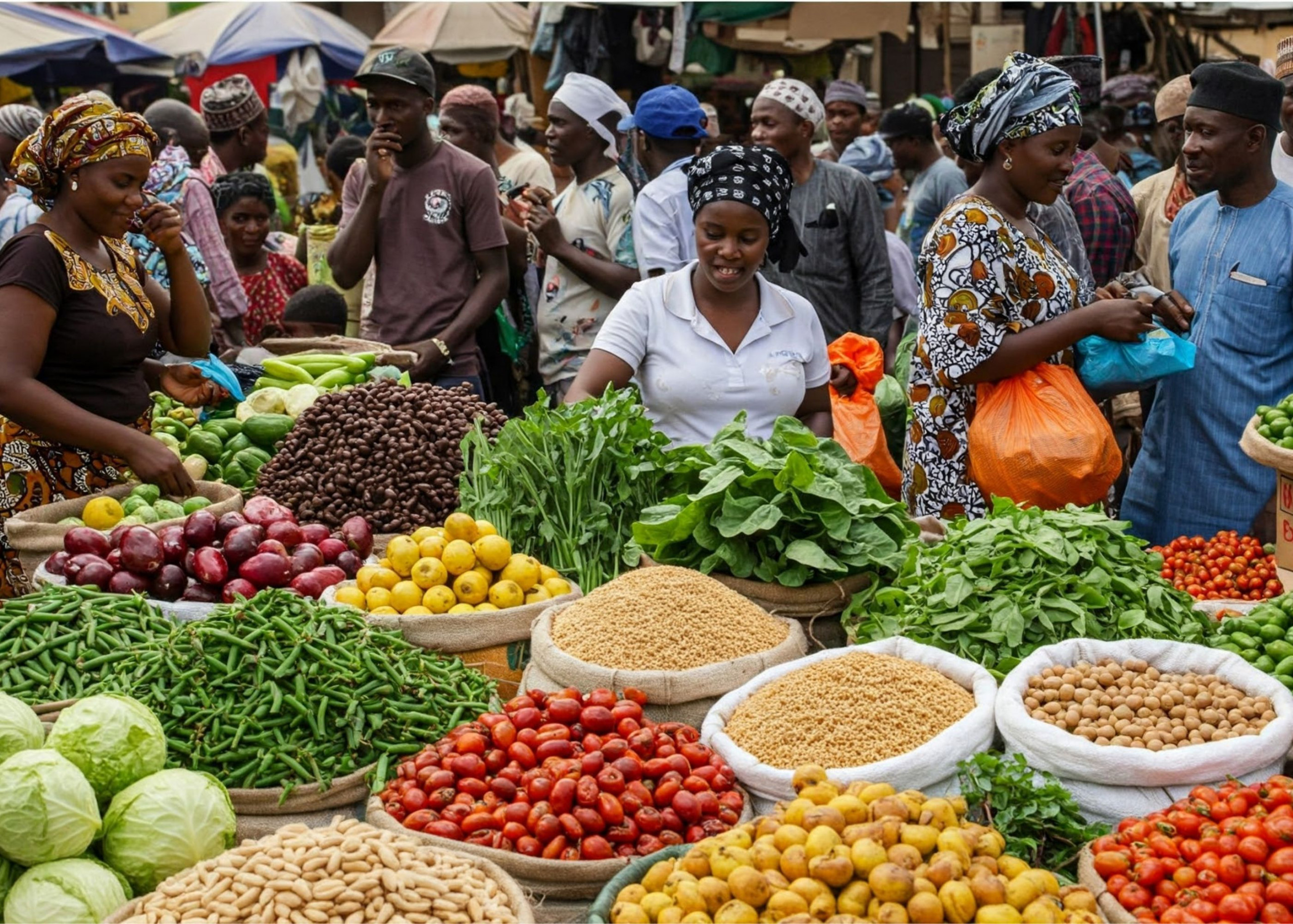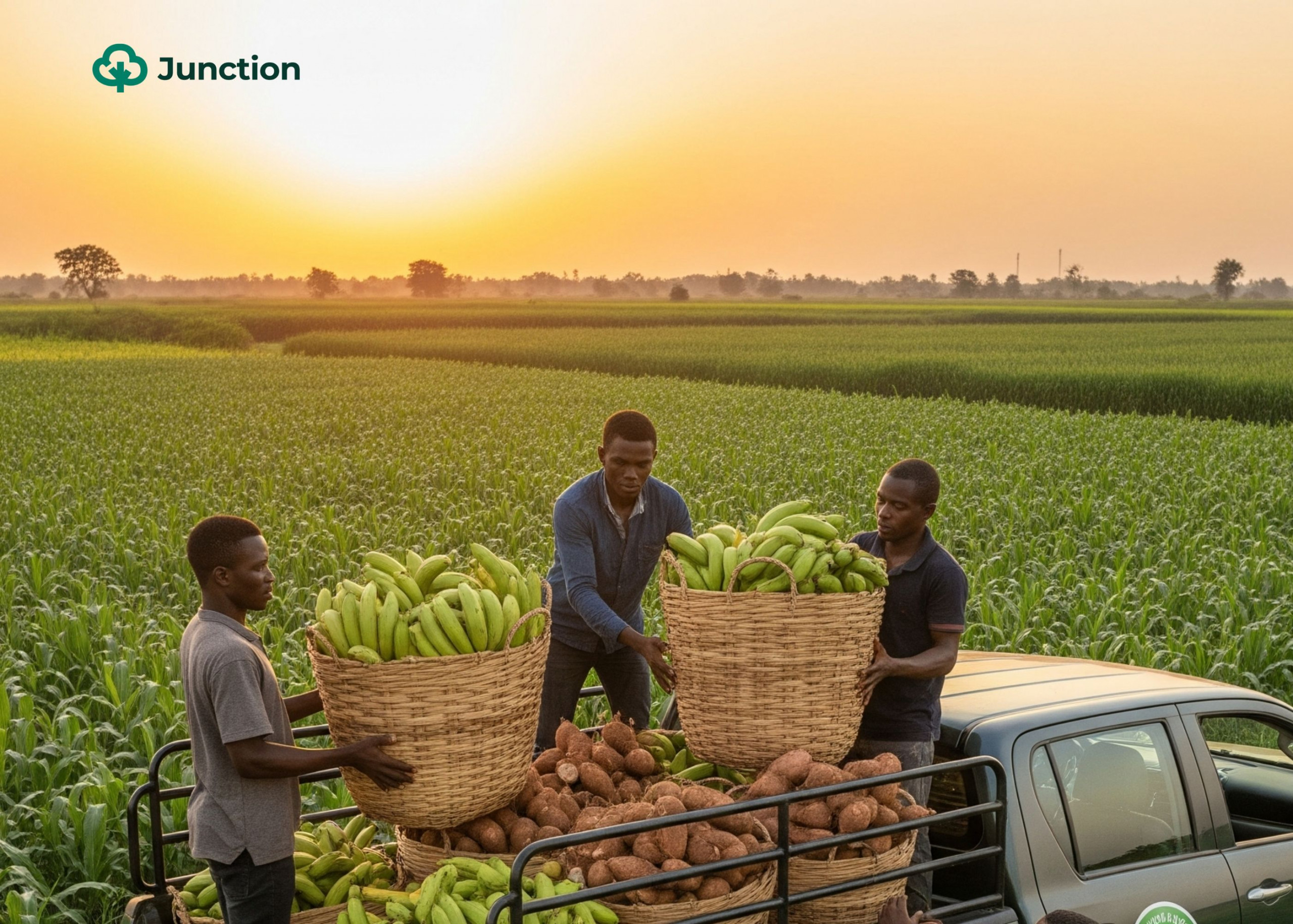
Nigeria’s economy faced a turbulent first half in 2024, grappling with persistent inflation fueled by soaring food prices, rising energy costs, and a depreciating naira. The Central Bank’s tightrope walk between inflation control and economic growth yielded mixed results, as consumer spending power dwindled.
The naira’s depreciation exacerbated challenges for import-reliant sectors, including key segments of the food and agriculture industry. This complex economic backdrop created a stark divide among businesses, with some thriving despite adversity while others struggled to maintain profitability.
Sector-specific trends
The food and agricultural sectors, while traditionally resilient, were not immune to the broader economic headwinds. In the first half (H1) of the year, we saw varying performances within these sectors, shaped by both external factors and company-specific strategies.
Rising input costs, particularly for fuel and raw materials, squeezed margins across the board. However, companies with strong local supply chains and those able to pass on costs to consumers fared better.
Consumer preferences began to shift noticeably towards more affordable and essential food products, reflecting tighter household budgets. This trend favored companies that could adapt quickly, offering cost-effective solutions or maintaining competitive pricing.
Meanwhile, the agricultural sector faced challenges related to climate variability, which affected crop yields and, by extension, the raw material supply for food production. On the upside, companies that invested in sustainable practices and efficient resource management saw relative stability in their operations.

Top performers: a beacon in a stormy sea
The first half of 2024 was undoubtedly challenging for many companies in the Nigerian food and agriculture sector. However, a select few companies managed to not only survive but thrive.
BUA FOODS PLC
BUA Foods Plc was a standout performer in the first half of the year, delivering a remarkable 92.94% growth to claim the top spot among food company stocks on the official Nigeria exchange platform. The company’s strategic overhaul, including the merger of its business divisions, transition to a public company, and expansion of its product range, coupled with effective foreign exchange risk management, drove exceptional results. This period saw BUA Foods successfully introduce new products like macaroni, premium pasta, and semolina, aligning with consumer preferences and fueling growth.
PRESCO PLC
Presco Plc delivered a strong performance in H1 2024, with its share price surging 54% from ₦230 to ₦354.20. Despite a challenging economic environment, the company’s cost management strategies enabled it to navigate rising costs, with revenue growth outpacing CoGS (+38.6% YoY).
FLOUR MILLS NIGERIA PLC
Flour Mills Nigeria Plc, a seasoned player in the food industry, demonstrated its enduring strength by navigating the challenging landscape with aplomb, achieving a 32.84% equity growth during the first half of 2024.
Bottom Performers: Navigating Headwinds
While the top performers in the food and agriculture sector showcased resilience and strategic prowess, other companies faced significant challenges during the first half of 2024.
Nascon Allied Industries Plc
Nascon Allied Industries Plc, a salt processing company and part of the Dangote Group, suffered a significant 42.31% decline in stock price during the first half of 2024, plummeting from ₦59.80 to ₦34.50.
Dangote Sugar Refinery Plc
Despite being a dominant player in the sugar industry, Dangote Sugar Refinery Plc (Nascon’s sister company) experienced setbacks during the review period. Its stock price declined from ₦65 to ₦43, causing a 33.85% decline. The company reported a substantial loss of ₦144.01 billion for the first half of 2024, which is a significant increase from the ₦27.99 billion loss recorded in the same period of 2023. This sharp decline in profitability is attributed to rising costs and challenging market conditions.
Nestle Nigeria Plc
Nestle Nigeria Plc, a key player in the food and beverage industry with a 63-year history, experienced a substantial 23.08% decline in stock value during the first half of 2024. The company reported a net loss of ₦176.91 billion, primarily attributable to a staggering ₦263.71 billion in foreign exchange losses, exacerbated by Nigeria’s FX policy challenges. Consequently, Nestle’s market value contracted by approximately 10%, falling below ₦658 billion on the Nigerian Exchange. This decline was driven by negative investor sentiment stemming from the company’s underwhelming financial performance.
Conclusion
The Nigerian food and agriculture sector exhibited a stark contrast in performance during the first half of 2024. While a select few companies thrived, others struggled to maintain their footing. This disparity underscores the intricate interplay of economic factors, industry trends, and corporate strategies. As the sector continues to face challenges and opportunities, businesses must innovate to stay ahead. Investors and stakeholders should remain vigilant in their analysis of company performance to navigate the dynamic landscape.


